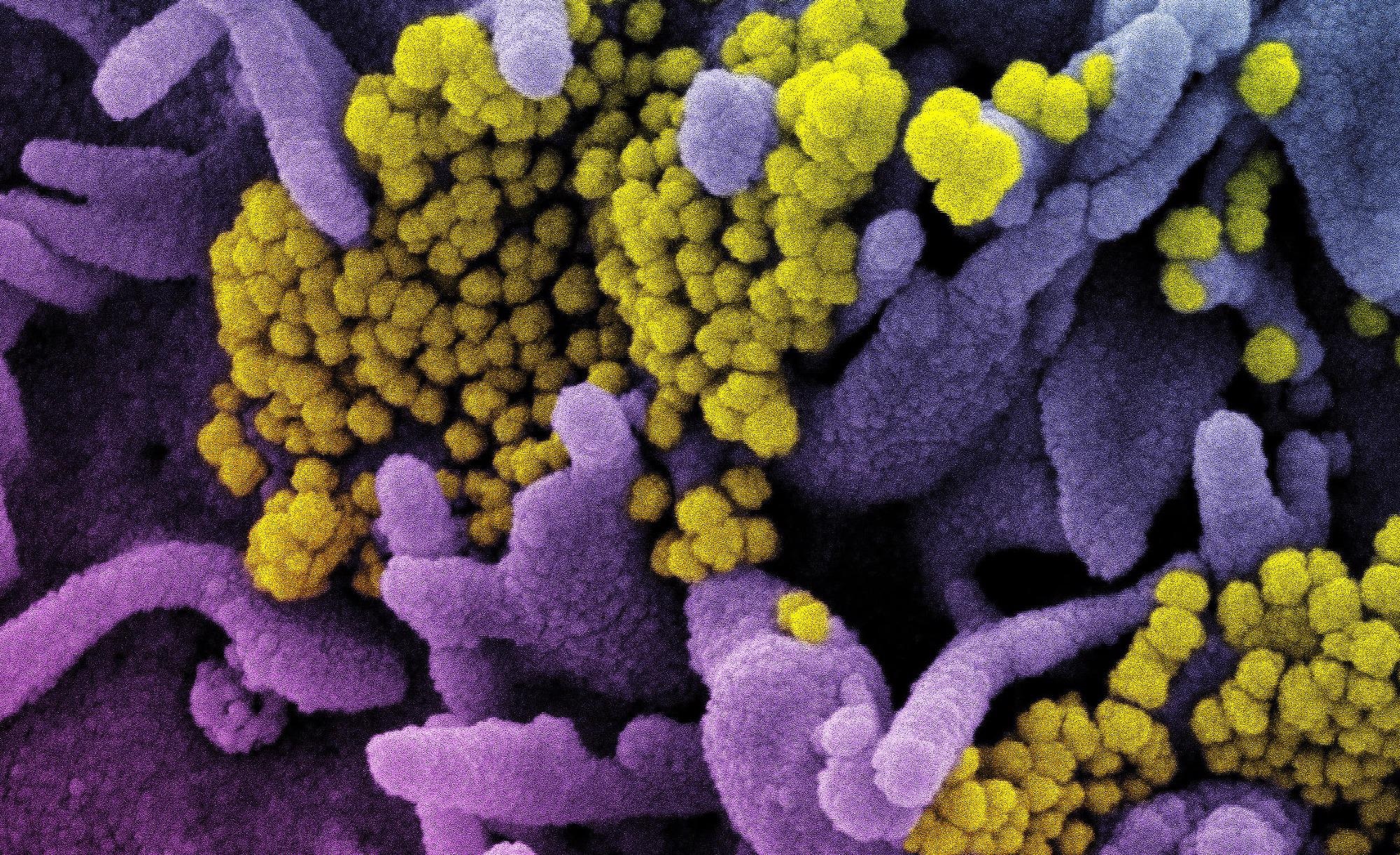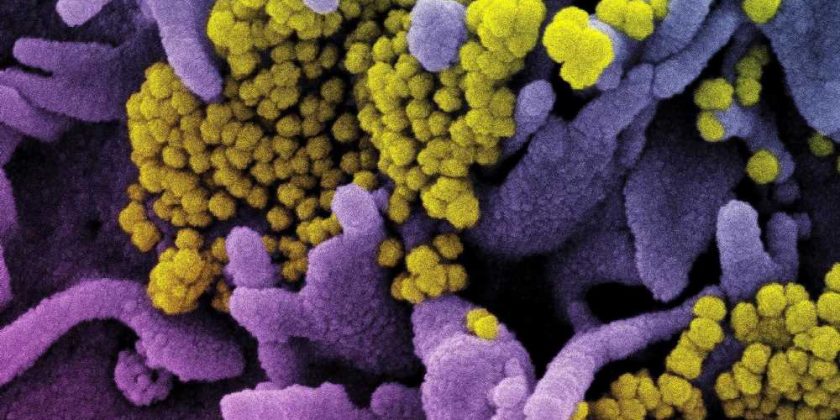The severe acute respiratory syndrome coronavirus 2 (SARS‑CoV‑2) Omicron variant that was first identified in South Africa and Botswana in November 2021 has been reported to have considerable but incomplete immune escape from the neutralizing immunity that developed either through vaccination or previous infections. Vaccine-boosted individuals, however, were reported to have better neutralization.
Omicron infections were found to be associated with a lower incidence of severe infections as compared to other variants in South Africa. The first Omicron sub-lineage to emerge was BA.1, followed by the emergence of BA.2 in several countries. However, whether Omicron/BA.1 infection will interact with vaccination to protect against the Delta variant, which was previously predominant, the BA.2 variant, or other variants is still not clear.
A new study published in the journal Nature aimed to determine the extent to which Omicron infection elicits protection against other SARS-CoV-2 variants in both vaccinated and unvaccinated individuals.
 Study: Omicron infection enhances Delta antibody immunity in vaccinated persons. Image Credit: NIAID
Study: Omicron infection enhances Delta antibody immunity in vaccinated persons. Image Credit: NIAID
About the study
The study involved the isolation of living Omicron/BA.1, Omicron/BA.2, ancestral, Beta, and Delta viruses along with neutralized viruses with plasma from 39 participants who had a confirmed diagnosis of SARS-CoV-2 by qPCR. The participants were sampled at baseline, a median of 6 days post-symptom onset, and at weekly follow-up visits, with the last visit being a median of 23 days post-symptom onset.
Thereafter, genome assembly, whole-genome sequencing, and phylogenetic analysis were carried out using the viral RNA. The virus expansion took place in Vero E6 cells and was followed by a live virus neutralization assay along with the calculation of the focus reduction neutralization test (FRNT50) value.
Study findings
The results indicated that 27 out of the 39 participants required hospitalization due to COVID-19 symptoms, 7 required supplemental oxygen, and one died. Fifteen participants were reported to be vaccinated as well as have a breakthrough Omicron/BA.1 infection. Out of the 15 participants, 8 received two doses of Pfizer-BNT162b2, and 7 received Johnson and Johnson Ad26.CoV2.S vaccine while one participant was boosted with a second Ad26.CoV2.S dose. The median time taken post-vaccination for the waning of immunity was reported to be approximately 139 days. Furthermore, the length of hospital stay was reported to be shorter in vaccinated participants as compared to unvaccinated participants.
The results reported a 13.6-fold increase in Omicron/BA.1 neutralization at the last follow-up visit as compared to baseline in vaccinated individuals, while a 6-fold increase was observed in unvaccinated individuals. A 5.7-fold increase in neutralization capacity against Delta virus was observed at the last follow-up as compared to baseline in vaccinated participants, while a 3.2-fold increase was observed for unvaccinated participants.
The neutralization to Omicron/BA.2 was found to be comparable to Omicron/BA.1 in both vaccinated and unvaccinated individuals, while for other variants and the ancestral virus the neutralization was higher than Omicron/BA.1 for vaccinated participants and lower than Omicron/BA.1 for unvaccinated participants. Additionally, cross-neutralization was reported to be 2.2-fold higher for Omicron/BA.1, 4.8-fold for Omicron/BA.2, 17.9-fold for the ancestral virus, 12.0-fold for Delta, and 9.6-fold for Beta. Moreover, a 22.5-fold decrease in Omicron/BA.1 neutralization was observed as compared to Delta virus neutralization for all the samples.
The current study demonstrates that hybrid immunity due to Omicron infection as well as vaccination can protect against re-infection with the present variants, while for unvaccinated individuals, the neutralizing immunity was observed to be quite low. Therefore, unvaccinated individuals are less likely to have cross-protection against existing and emerging SARS-CoV-2 variants as the immunity wanes over time. This suggests that Omicron infection alone is not sufficient for protection. Therefore, vaccination must be implemented in areas with high rates of Omicron infection to protect against the other variants.
Limitations
The study has certain limitations. First, the study involves heterogeneity in participant immune history. Second, most participants were hospitalized, which is not typical of an Omicron infection. Third, the temporal dynamics of neutralizing immunity were not clear.
- Khan, K. et al. (2022). Omicron infection enhances Delta antibody immunity in vaccinated persons. Nature. doi: https://doi.org/10.1038/s41586-022-04830-x. https://www.nature.com/articles/s41586-022-04830-x
Posted in: Medical Science News | Medical Research News | Disease/Infection News
Tags: Antibody, Assay, Coronavirus, Coronavirus Disease COVID-19, Genome, Hospital, immunity, Omicron, Oxygen, Respiratory, RNA, SARS, SARS-CoV-2, Severe Acute Respiratory, Severe Acute Respiratory Syndrome, Syndrome, Vaccine, Virus

Written by
Suchandrima Bhowmik
Suchandrima has a Bachelor of Science (B.Sc.) degree in Microbiology and a Master of Science (M.Sc.) degree in Microbiology from the University of Calcutta, India. The study of health and diseases was always very important to her. In addition to Microbiology, she also gained extensive knowledge in Biochemistry, Immunology, Medical Microbiology, Metabolism, and Biotechnology as part of her master's degree.
Source: Read Full Article
